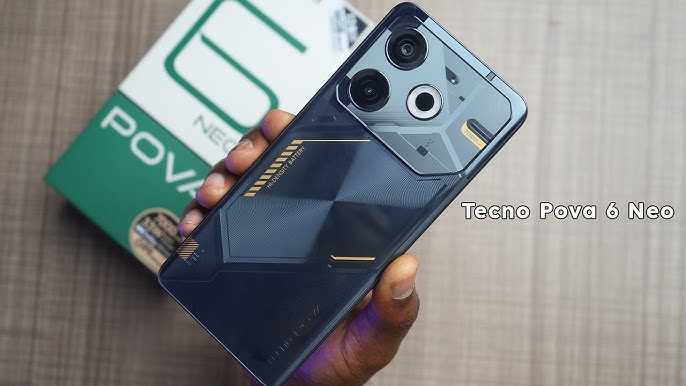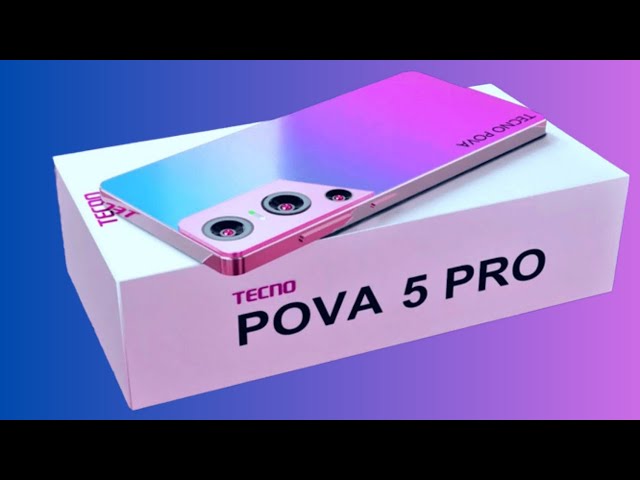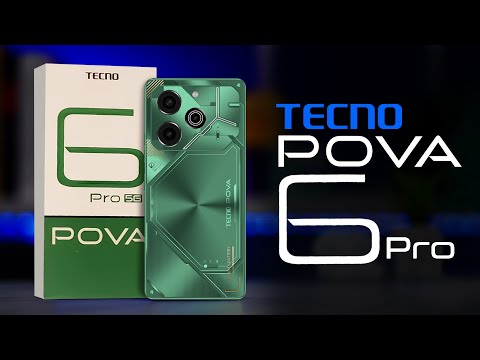The music industry has undergone a seismic transformation over the past few decades, driven by rapid advancements in technology. From the way music is created and distributed to how it is consumed and monetized, every aspect of the industry has been revolutionized. This blog explores how technology has reshaped the music industry, covering its history, current trends, and future possibilities.
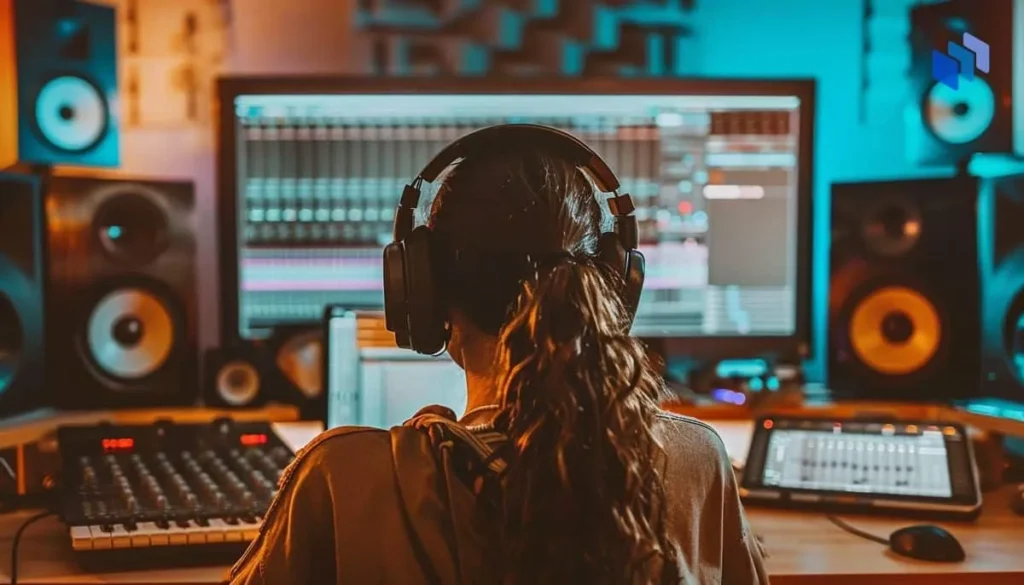
The Shift from Analog to Digital
In the 20th century, music was primarily consumed through vinyl records, cassettes, and CDs. However, the rise of digital technology ushered in a new era:
- Digital Formats: MP3s and other digital file formats replaced physical media, making music more portable and accessible.
- Online Distribution: Platforms like iTunes and Napster pioneered digital distribution, breaking down barriers between artists and listeners.
This shift democratized access to music, allowing fans to carry entire libraries in their pockets.
The Streaming Revolution
Streaming platforms have become the dominant force in music consumption:
- Accessibility: Services like Spotify, Apple Music, and YouTube provide millions of songs on demand.
- Global Reach: Artists can connect with fans worldwide, bypassing traditional gatekeepers like record labels.
- Data Insights: Platforms offer detailed analytics, helping artists understand their audience and optimize their strategies.
Streaming has also led to a reimagining of revenue models, with royalties being calculated per stream instead of per album sale.
Technology in Music Creation
The process of making music has been transformed by cutting-edge tools:
- Digital Audio Workstations (DAWs): Software like Logic Pro, FL Studio, and Ableton Live enable artists to produce high-quality tracks at home.
- AI in Composition: Artificial intelligence can now assist in creating melodies, lyrics, and even full compositions.
- Virtual Instruments: Synthesizers and MIDI controllers give artists access to a vast array of sounds without needing physical instruments.
These tools have lowered the barrier to entry, enabling more creators to enter the industry.

Enhanced Fan Engagement
Technology has redefined how artists interact with their audiences:
- Social Media: Platforms like Instagram, TikTok, and Twitter allow artists to share behind-the-scenes content and engage with fans directly.
- Live Streaming: Artists can perform virtual concerts on platforms like Twitch and YouTube, reaching audiences in real-time from anywhere.
- Interactive Content: Virtual reality (VR) and augmented reality (AR) experiences create immersive ways for fans to connect with their favorite artists.
This level of engagement fosters a deeper connection and loyalty among fans.
The Rise of NFTs and Blockchain
Blockchain technology is opening new avenues for music monetization:
- Non-Fungible Tokens (NFTs): Artists can sell exclusive digital assets, such as album art or unreleased tracks, directly to fans.
- Smart Contracts: These ensure transparent and automatic royalty payments, eliminating intermediaries.
These technologies empower artists to retain more control over their work and earnings.
Challenges and Concerns
While technology has brought immense benefits, it also poses challenges:
- Monetization Issues: Many artists argue that streaming platforms pay insufficient royalties.
- Piracy: Despite advancements, illegal downloads and unauthorized distribution remain issues.
- Over-Saturation: With so many creators entering the market, standing out has become increasingly difficult.
These challenges highlight the need for balance and innovation in leveraging technology.
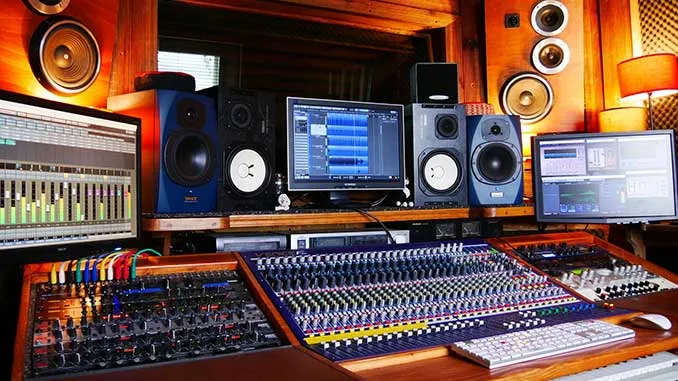
The Future of Music Technology
Looking ahead, technology will continue to shape the industry in exciting ways:
- AI Collaboration: Advanced AI may collaborate with artists to create entirely new genres of music.
- Virtual Concerts: Metaverse platforms like Horizon Worlds could host large-scale virtual events.
- Personalized Experiences: AI-driven playlists and recommendations will become even more tailored to individual listeners.
These trends promise to further blur the lines between creators, distributors, and consumers.
Conclusion
Technology has undeniably revolutionized the music industry, making it more accessible, innovative, and interconnected than ever before. From digital distribution and AI-assisted composition to blockchain-powered monetization, every aspect of the industry has been redefined.
As technology continues to evolve, it will bring both opportunities and challenges. However, one thing remains clear: the synergy between music and technology is poised to create a future where the possibilities are as limitless as the creativity that drives the industry.

